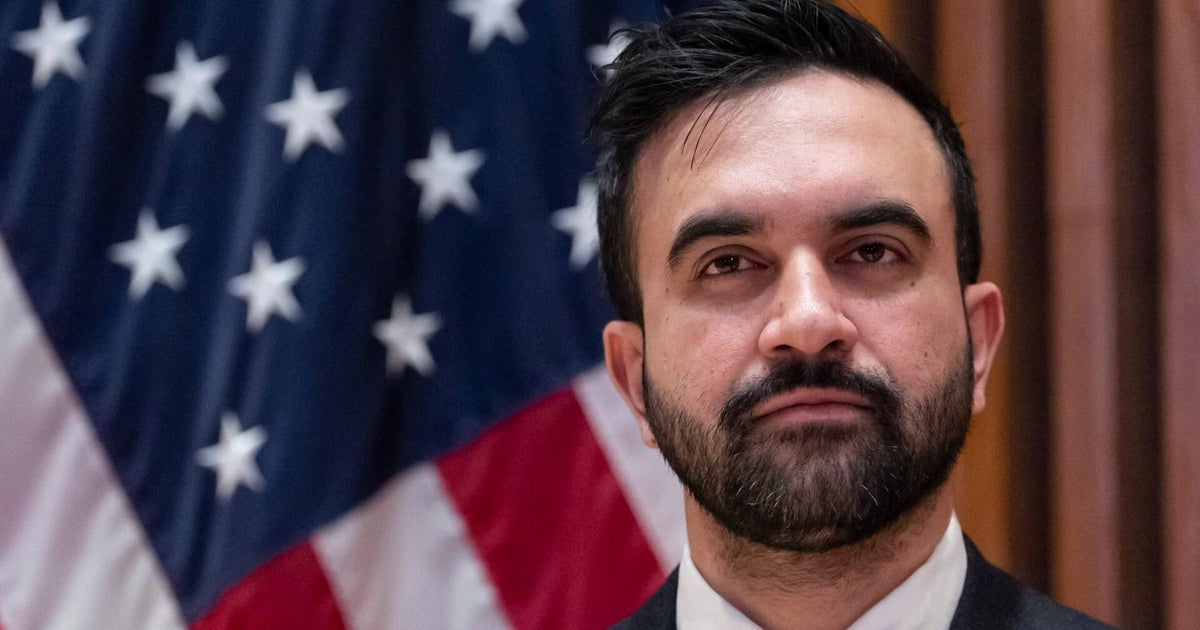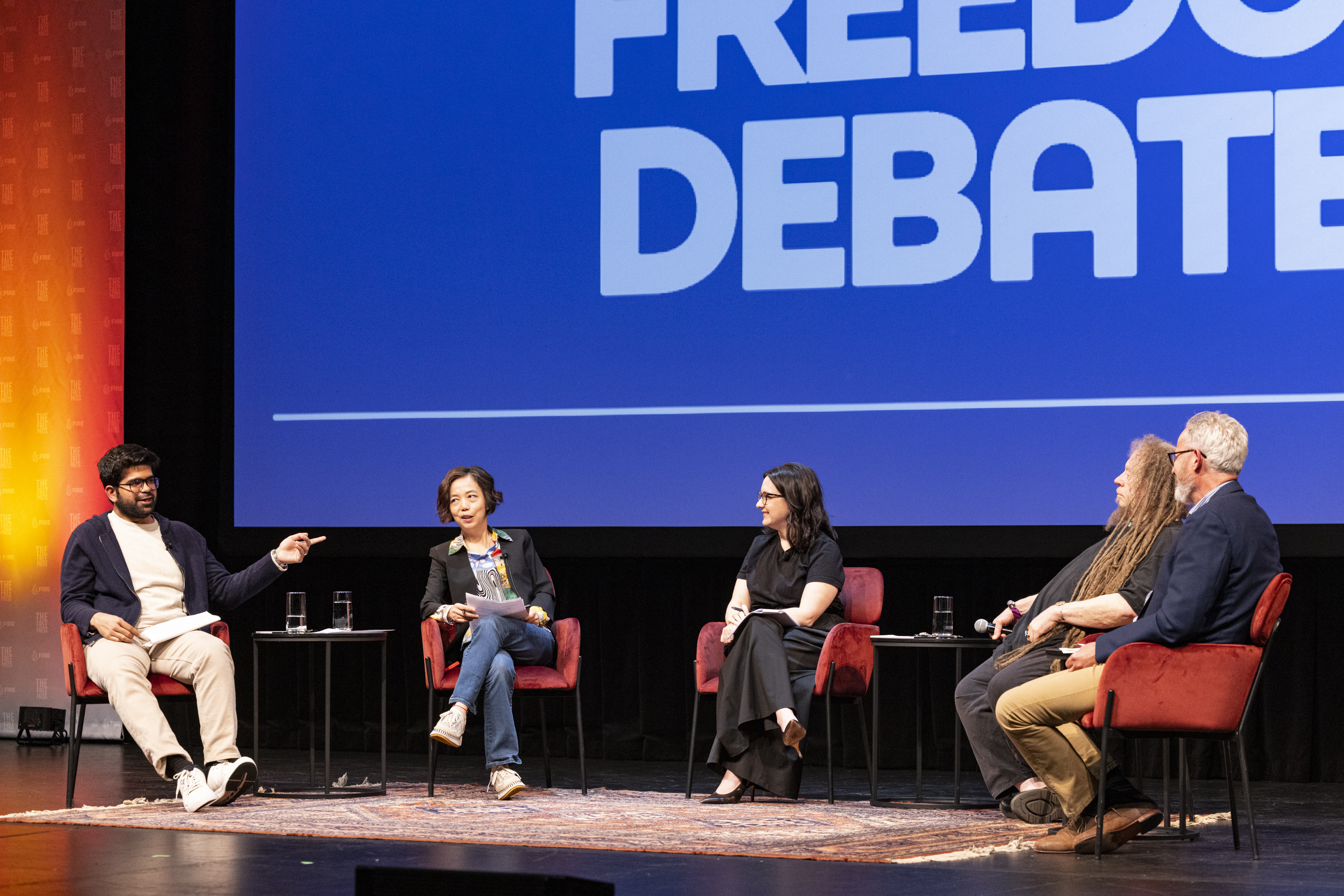AI explained: Everything you need to know about our robot overlords
Robot overlords. Sentient computers. Digital Armageddon. This is what many people fear when they think about artificial intelligence. But AI technology is often misunderstood, and the many benefits of machine intelligence are easy to overlook.
The dystopian vision of AI as an omniscient superintelligence is nothing like the technology we see and use today. Contemporary AI is actually a cluster of related technologies—machine learning, supervised learning, and computer vision, for example—that allow companies to automate tasks at large scale.
"There are a lot of real risks to AI," said CNET senior editor Stephen Shankland, like "job displacement, more advanced weapons, and new ways for humans to be bad to other humans." But sci-fi scenarios "vastly overstate the risk."
AI is already deeply embedded in our homes, work, and the world around us. The AI we experience today and will encounter in the near future is embedded in devices like Amazon's Alexa, Google Home, and Apple's Siri. These AIs are not optimized to be independently intelligent, but to excel at so-called "smart" interactions. They are designed to be guides, assistants, and provide memory extension.
On the road with AI
Automated smart interactions are powered by algorithms that are coded by humans and then "learn" by processing massive piles of data. The process allows AI to adapt to ever-changing real-world conditions. This process is called supervised learning, and it plays a key role in emerging technologies like self-driving cars.
"A self-driving car knows how to avoid a pedestrian and knows how to stay in a lane because humans have sat down with images taken from the front of these cars and said, 'this is a human, this is a lane that marks the edge of the road,'" said Figure Eight CTO Rob Munro. "It's these thousands and thousands of hours of human feedback that ultimately enables a self-driving car to be trained to automate the task" of driving.
Code with a heart
AI is making significant breakthroughs in health care and medicine. Using "computer vision," a process that allows AI to identify symbols and pictures, machines are able to give physicians and radiologists information essential for diagnosing dangerous heart conditions and brain and lung cancer.
"Normally a radiologist has to be highly trained to look at the organ, and spend a lot of time sometimes just drawing contours by hand, like the ventricles or the atrium," said Fabian Becker, CEO of Arterys. Using AI to assist diagnosis can save lives. "We are working on automating that [process], and it's really a quantum leap because the system can propose a suggestion to the physicians" in a fraction of the time it takes a human.
Growing the future
The agriculture industry is also benefitting from machine learning and computer vision AI systems. Farmers and ranchers use machine intelligence to identify weeds, to select fields, and to optimize planting times. Algorithms rapidly sift through piles of climate data and correctly differentiate between crops and weeds using databases loaded with thousands of images.
"[Our database] is now close to a million images, across many different farms in many different geographies," said Jorge Heraud, CEO of Blue River Technology. The company's AI-enabled machine is easy to deploy, runs at speeds up to 12 miles per hour, and can be towed behind a tractor. "It looks at every single plant 50 times per second" and determines "'is this a crop or is this a weed,' then applies herbicides only to the weed and nowhere else."
Artificial intelligence is easily misunderstood, said quantitative futurist Amy Webb, because AI is tied to the way our brains work and how we think. Sci-fi scenarios about robot overlords and machine superintelligence eclipsing humans come from a fear of the unknown.
"Philosophers, mathematicians, and theologians have for centuries been trying to figure out the relationship between mind and machine," Webb said. "Even Marvin Minsky and John McCarthy," who coined that term AI, "knew that the moment that a technology becomes indispensable it becomes invisible."
Which means, Webb said, we're all using AI all the time. "It's part of our everyday lives."
CNET's Jason Pepper contributed to the reporting in this story.



